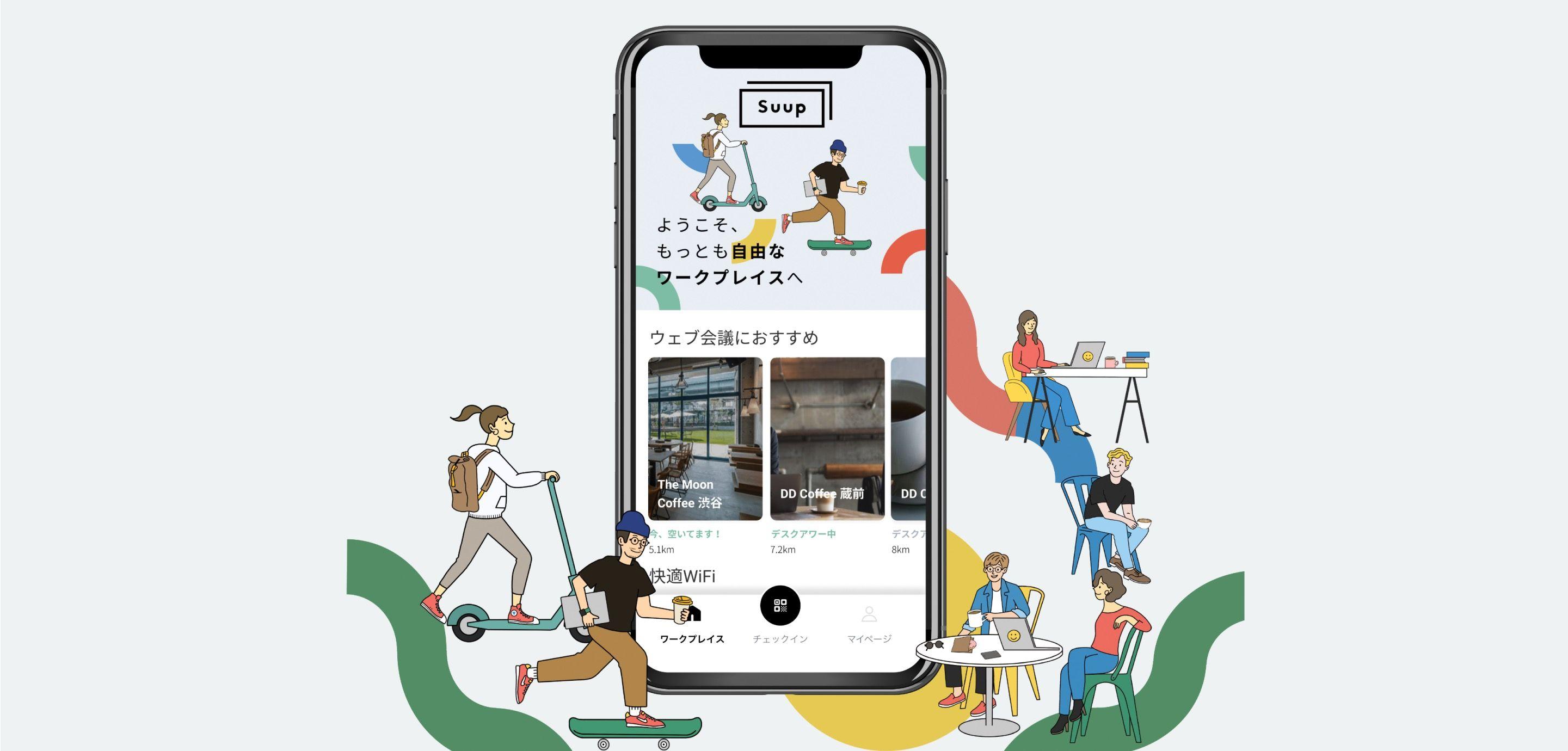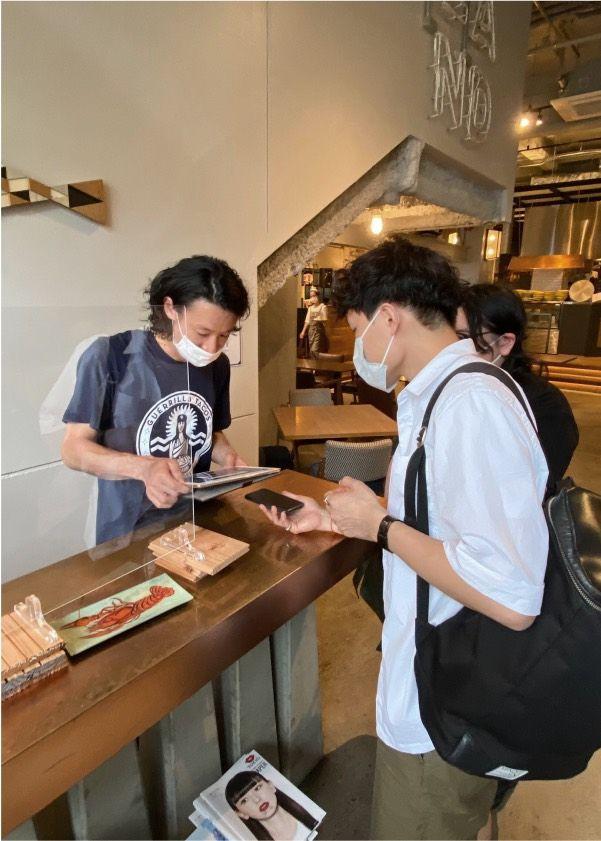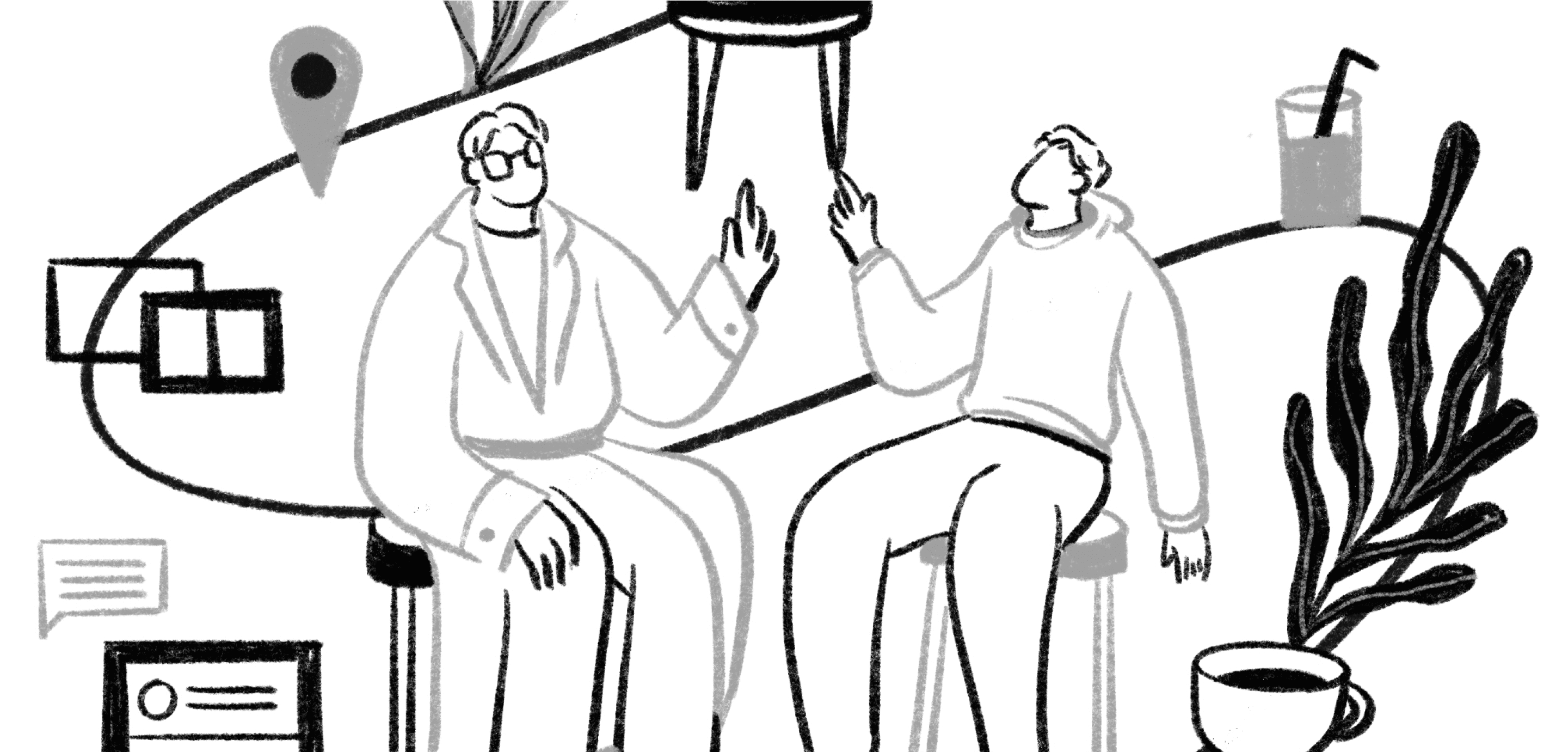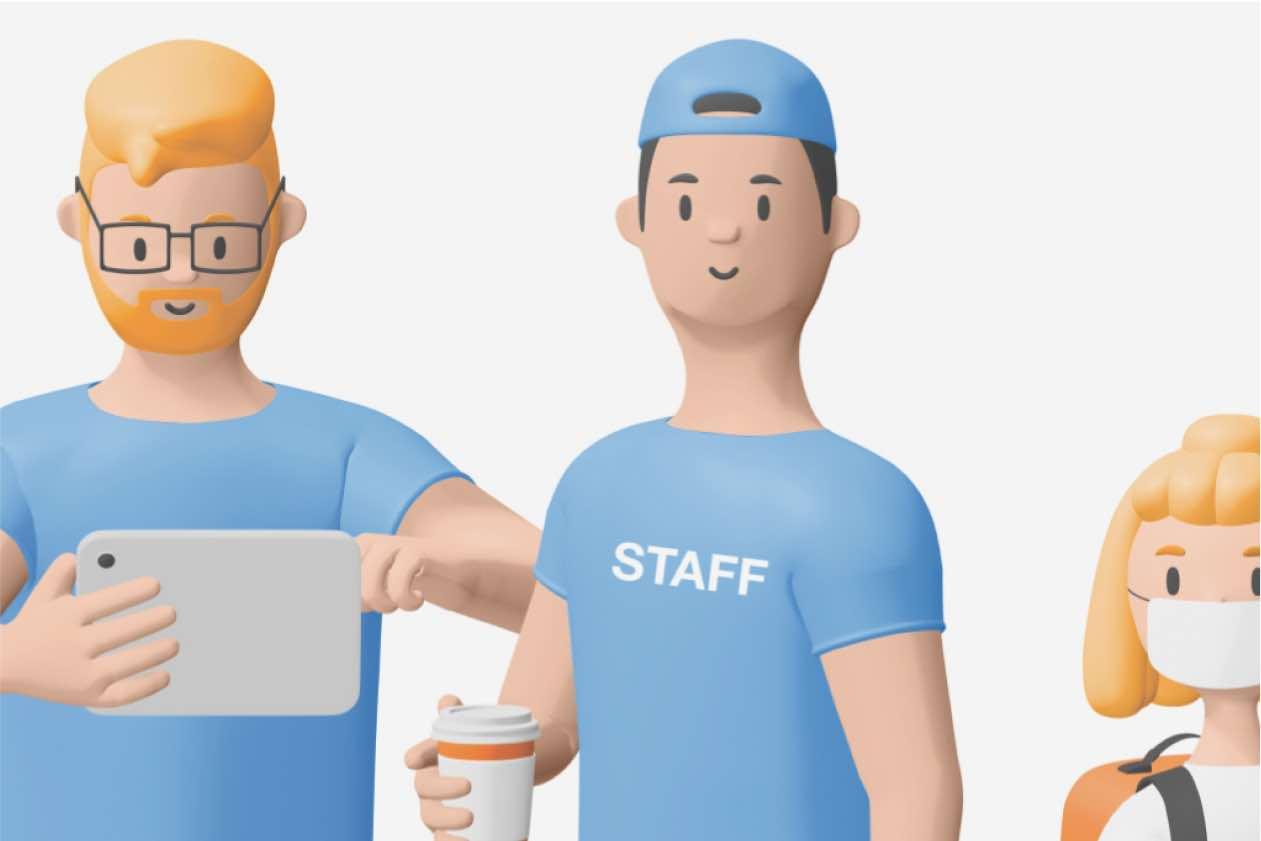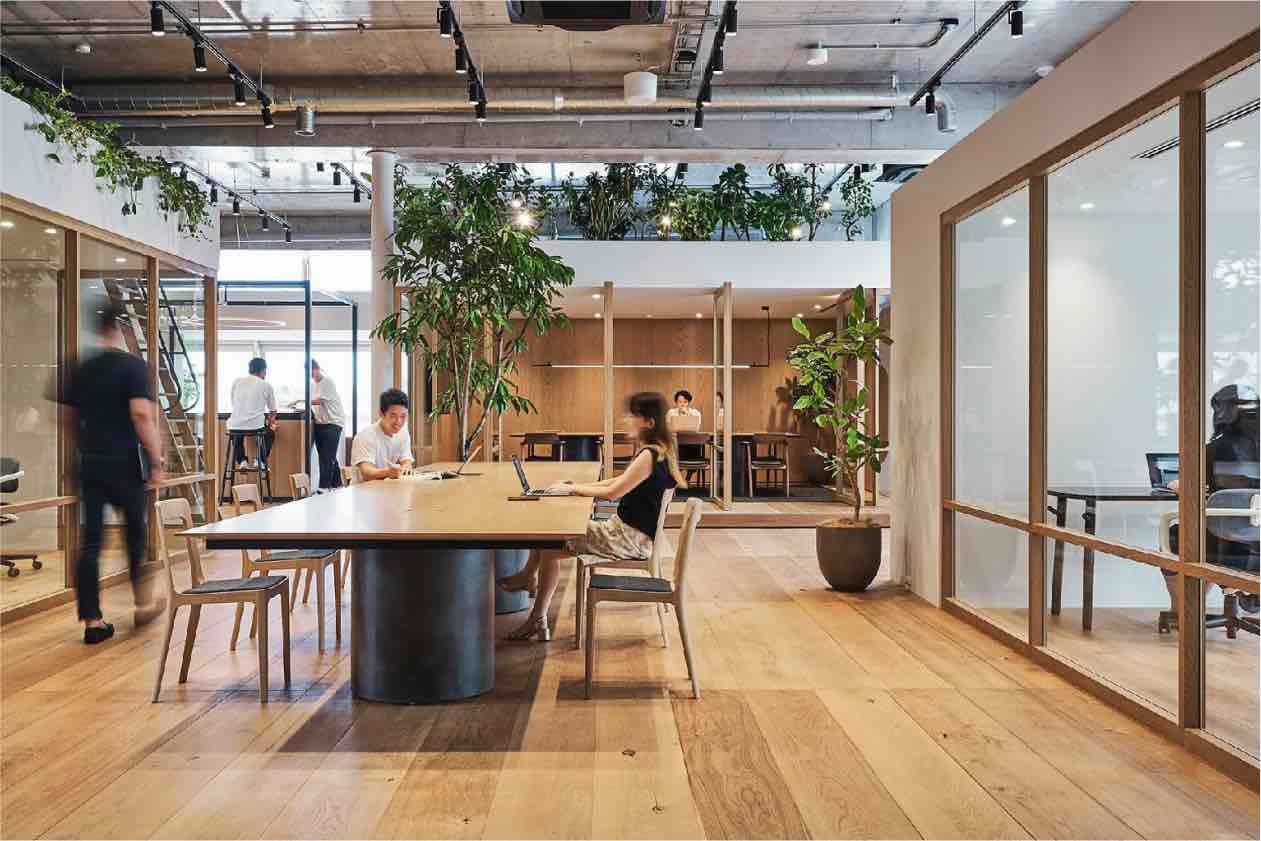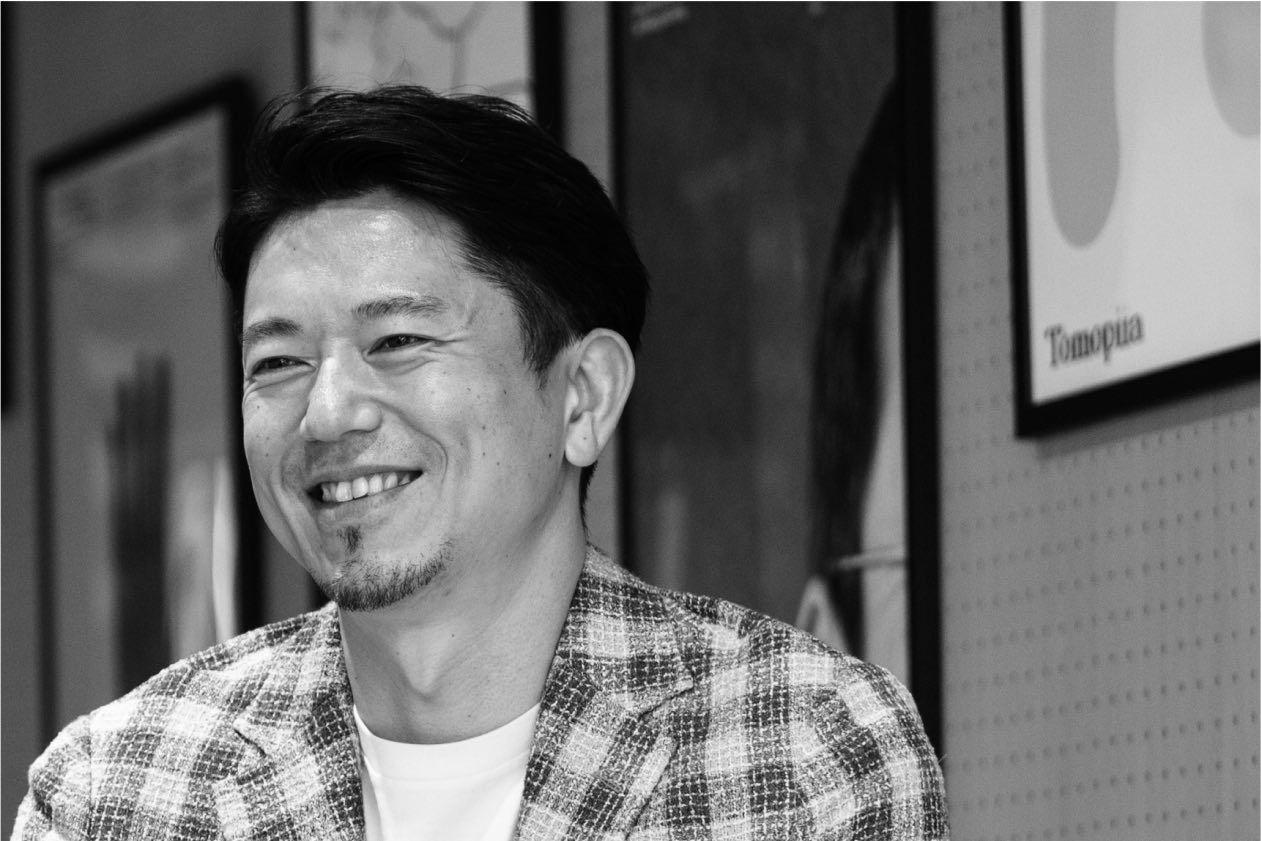Suup is a reservation platform for people to discover and book temporary work and meeting spaces.
Challenge
COVID–19 has forced everyone to rethink how we work at home, the office, or anywhere else in the world. Post-COVID, individuals and employers will share a need for conveniently located, ad-hoc space for physical and digital meetings, reflection, and creative thinking. The challenge is to create a desirable experience for how people will work in a post-COVID world.
Opportunity
In Tokyo, Suup collaborates with restaurants, cafes, and other buildings to utilize their vacant spaces to provide unique and comfortable workspaces. Suup’s two-sided marketplace addresses and solves two key issues: 1. Building owners losing revenue on empty seats. Suup unlocks value from these “untouchable” assets by making them usable as work spaces. 2. Remote workers needing a flexible place to focus. Suup serves a growing market of unmet needs.
How Founder Shohei Horiguchi Adapted Suup to a New World of Remote Workplaces
Words by Kyra Yamamoto
Many people may have misunderstood, but Suup's service of “providing the best telework space for users,” was not an idea that was born from the recent pandemic. Shortly before the world shifted to full telework, two EIRs were seconded to Moon's Palo Alto studio and worked their way through a design cycle arriving to the end of 2019.
It all started when Shohei Horiguchi, who was in Mitsui's Infrastructure Projects Division, and Kazuki Minamihara, who was in the IT & Communication Business Division, got together to discuss new business ideas to apply for Moon's pitch event. At the time, the two were familiar with the process of seeking out empty café tables to work from and quickly became hooked on working outside of the office for a change of scenery.
From their personal experience, they came up with the idea of a service that would help working professionals find available seats in nearby cafes. The two would go on to present their new idea at a Moon Pitch Event held in May 2019. With much regard, the Moon Committee accepted and was excited to move forward with building this idea into a Moon venture. However, when the two returned to Tokyo from Palo Alto in February of 2020, the pandemic forced the closure of many cafes and restaurants.
"We had just started the beta development for Suup in 10 stores within the Shibuya area in March, and we were just getting started,” said Shohei. “At that time, no one could predict the future, and in some cases, there was even talk that we wouldn’t be allowed to leave our homes for the next few years."
During this time, Suup's services were forced to close. Nevertheless, the two EIRs set up a community of over 300 business people on Facebook to conduct interviews and gather feedback from potential corporate customers working in corporate HR, general affairs, and management. “We became more and more convinced that telework would spread once the COVID-19 virus calmed down,” Shohei said.
When the state of emergency in Japan was declared, remote work attracted attention among people across the globe as a new way of working in the age of COVID. “I felt it was an opportunity, but at the same time, many similar services were beginning to come forward. Initially, we were slowly developing a mobile app by the end of the year, but we felt that we would be competing for space so we needed to expand the number of partner stores and release our app as soon as possible.” Immediately after Suup’s app release, they garnered attention from print, online and TV media. The Suup team was off to a good start.
Not too long after this spike, Suup hit a wall. The app had been picked up by many media outlets, but the number of repeat users was not as high as they had expected. Shohei and his team hypothesized that corporations, rather than individuals, would be willing to pay for a workspace so the Suup team decided to target corporations. The team hurriedly released an Android app in December and officially launched the corporate plan in January 2021.
"Since January, usage has been increasing at double the pace. By the end of the fiscal year, we had obtained contracts from about 50 companies, mainly venture businesses, and small to medium-sized enterprises. The rate of repeat users of our Suup app improved significantly to more than 70%. In addition, the number of available facilities has expanded to over 155, mainly in the Tokyo area.”
Suup has been growing steadily up to this point, but at the end of 2020, the company had to make a big decision. Kazuki, the co-founder of the company, decided to go on a different path and leave Suup in April. "Actually, I was prepared for this day to come to some extent even before that,” recalls Shohei. “Of course, Suup wasn't just the two of us, we already had a strong team and a lot of support. But to be honest, it was very disheartening to lose Kazuki, who was fully committed and shared the same perspective. I regretted some of the decisions I had made in the past, partly because I had not divided the roles properly. I think I subconsciously wanted to reduce my responsibility a little by conforming to the opinions of others when making decisions, and now that I'm alone, I'm more willing than ever to face my ego and try not to miss the slightest sense of discomfort.”
Expectations are growing for the venture to become a new company in 2022. "Of course, I think it’s important to increase the number of users and revenue in order to become a company. But even more than that, I want to increase the number of Suup's ardent fans who would be troubled without our service. I want to create a service that not only proposes a space where people can work in terms of functions and specifications, but also a place where people can feel motivated to work harder and improve their work performance. I want to make Suup a service that allows people to not only be able to work outside of their office but with Suup they’re going out to do their best work.”
“I want to create a service that not only proposes a space where people can work in terms of functions and specifications, but also a place where people can feel motivated to work harder and improve their work performance.”
Entrepreneurs–in–Residence
Shohei Horiguchi Infrastructure Projects Business Unit Mitsui & Co. Ltd.
Kazuki Minamihara IT & Communication Business Unit Mitsui & Co. Ltd.
Moon Team:
Asami Kawanishi Masao Fujii Jeff Chen
Executive Sponsor:
Jeremy Clark
Where Suup is today:
Suup has experienced strong growth on both the B2C (independent workers looking for a workplace) and B2B (companies looking to provide alternatives for WFH employees) sides of its business. Several partner promotions, including with Tokyu Railway, have proved very successful in growing downloads and activations - in August Suup experienced over 530 check ins, a record for a single month. Diving into user research has helped the team identify value-adding features to add to the space experience, and experimentation is ongoing to identify the ideal mix to secure strong repeat usage.

